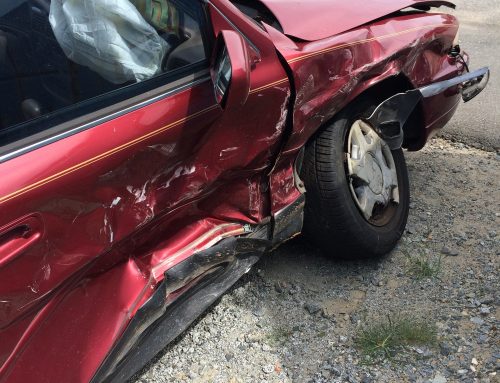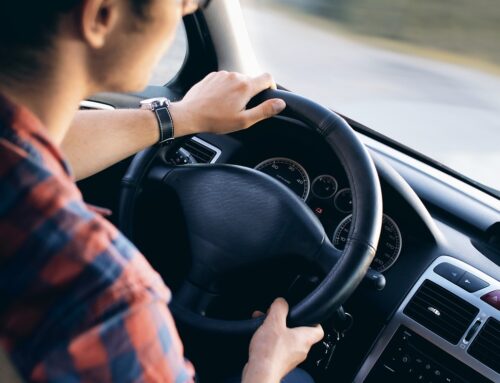Dashcams aren’t installed in every car on the road in Florida. But if you find yourself in a legal battle over an accident claim, you may wish you had one. A dashcam video often represents a vital contribution to a solid case that secures you compensation for your injuries. Despite some limitations, always tell your attorney about potential video evidence if you were injured in an auto accident in Florida.

The Benefits of Having Dashcam Video
Owning a dashcam is one way to improve your position in the unfortunate event of a car accident. Dashcams capture a clear, continuous record of what really happens on the road, which can be instrumental in proving your case. This footage is hard to dispute and clearly shows who was at fault, even if the other party blames you. Whether another driver ran a red light, was texting while driving, or if road conditions suddenly changed, your dashcam captures it all in real time. Since Florida personal injury cases now use modified comparative negligence rules compared to our old system, you should take advantage of any tool that provides proof to ensure you are eligible for compensation.
Even before you need to use video evidence, a dashcam can deter some forms of insurance fraud. Instances where other drivers might cause an accident intentionally to claim money can be recorded and used to protect yourself from false claims. If they notice your dashcam or are otherwise aware that their tactics won’t work, it can prevent an accident and possibly an injury from occurring in the first place.
The investment in a dashcam is relatively minimal compared to its potential legal benefits. They are widely available, easy to install, and come in various models to suit any budget and preference. Even if you’re fortunate enough never to need your dashcam for accident-related disputes, they still offer peace of mind.
Using Dashcam Footage in Your Florida Injury Case
While video footage provides clear benefits, you may have concerns about the legality of a dashcam – and how the camera might affect your personal injury case. While they do provide a net benefit, video evidence may not be admissible if the footage infringes on someone else’s right to privacy.
In Florida, dashcams must be installed in a manner that does not obstruct the driver’s view. This typically means placing them behind the rearview mirror or on the dashboard, where they won’t block any significant portion of the windshield. If the camera was illegally mounted, you may face pushback from police or opposing attorneys.
Assuming your dashcam is legal and unobstructed, you need to be aware of its audio recording capabilities. Florida law requires consent from all parties for audio recordings inside a vehicle. If your dashcam records sound, you must inform all passengers and obtain their agreement. Audio components of recordings are not always relevant to an accident case involving another car, but you should keep this restriction in mind and consult with attorneys whenever dashcam footage could be a part of your case. They can work with you to ensure recordings are compliant and do not contain audio of sensitive conversations.
In a car accident injury case without any privacy concerns, there may still be challenges in using dashcam footage in legal proceedings. The footage must be authenticated, meaning you need to prove that it hasn’t been tampered with and accurately represents the events as they occurred. In general, you should never make any edits to the video or tamper with original recordings before your attorney views the video.
If you were injured in a Florida car accident and have potential video evidence to bolster your case, contact Probinsky & Cole today to learn how our team can help. With or without video footage, we can advise you as to your options and chances of receiving compensation.
Probinsky & Cole has offices in Sarasota, Brandon / Tampa, and Orlando.







